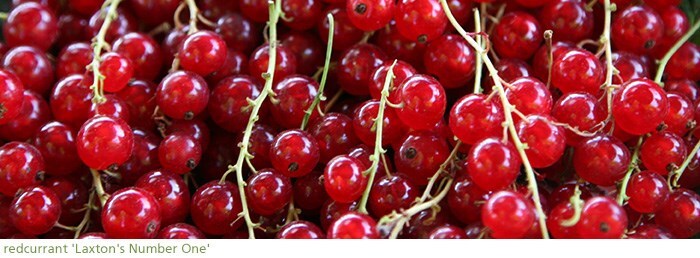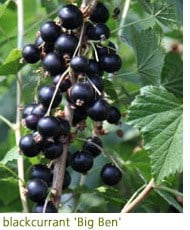Shop
-
Plants
By type
Seasonal plants
-
Bulbs
Bulbs by type
-
Indoor plants
Indoor plants by type
By size
By light
-
Pots
Outdoor pots
By material
By shape
Inspiration
-
Tool shed
Garden equipment
- Crocus collection
- Compost, bark & mulch
- Fertilisers & weed control
- Pest control
- Compost bins & wormeries
- Irrigation & watering
- Water butts
- Garden clothing & accessories
- Garden tidy
- Garden storage
- Boot room & fireside
Plant protection
Garden tools
Potting & propagating
-
Outdoor living
Outdoor living
Furniture
Lighting
Birdcare & wildlife
-
Furniture
Furniture sets
Furniture accessories
Garden seating
By material
- Gifting
-
Offers
Plant offers
Product offers
-
Inspiration
Garden Style Inspiration
-
Advice
Seasonal plant advice





